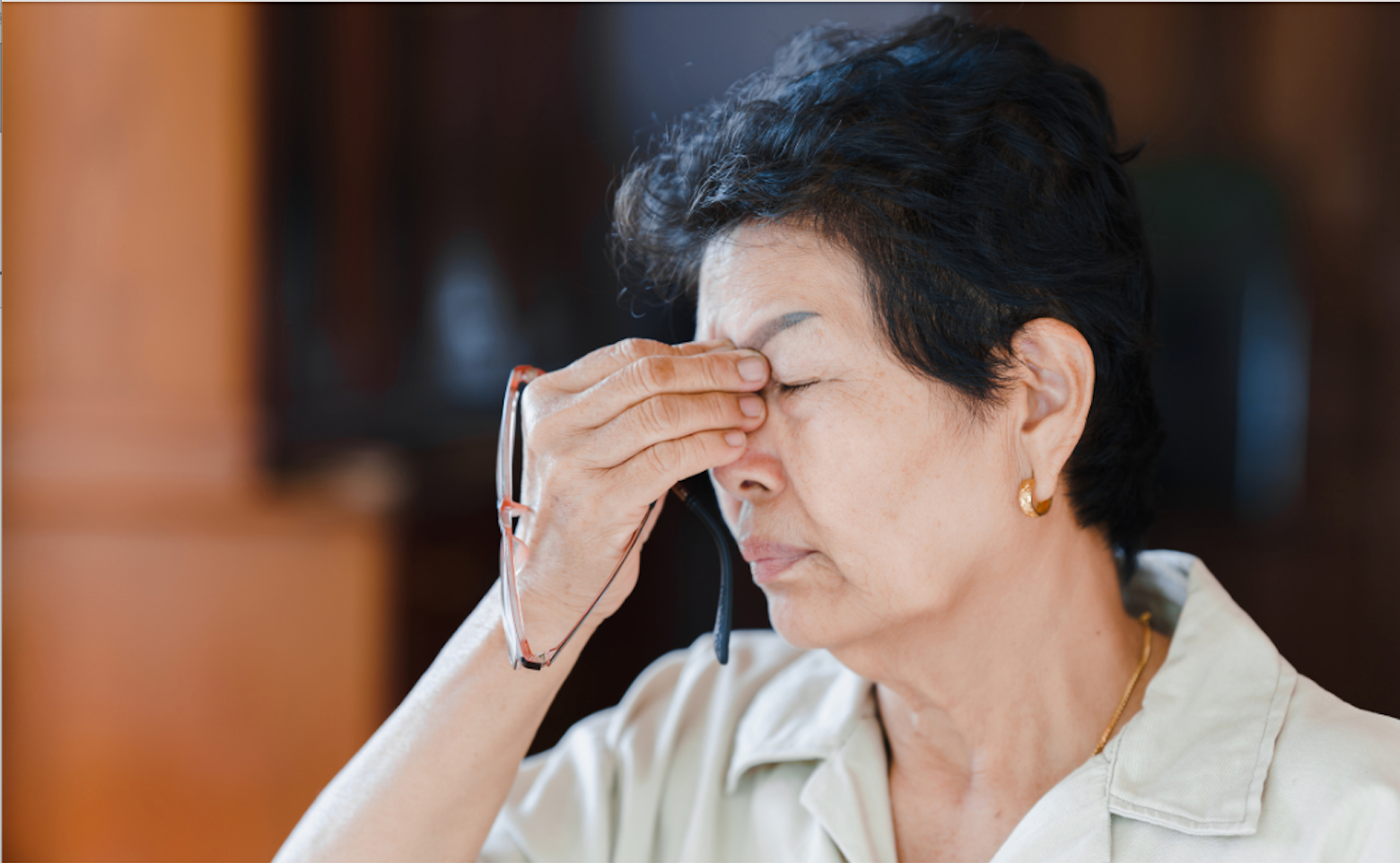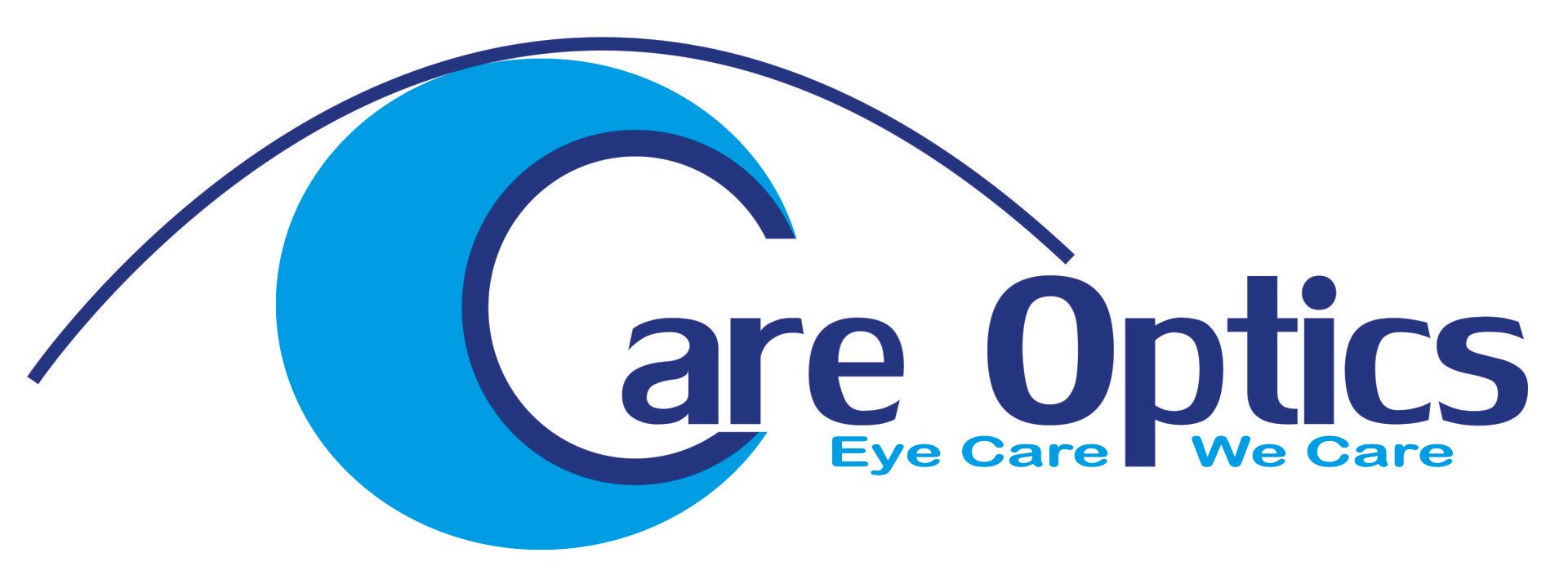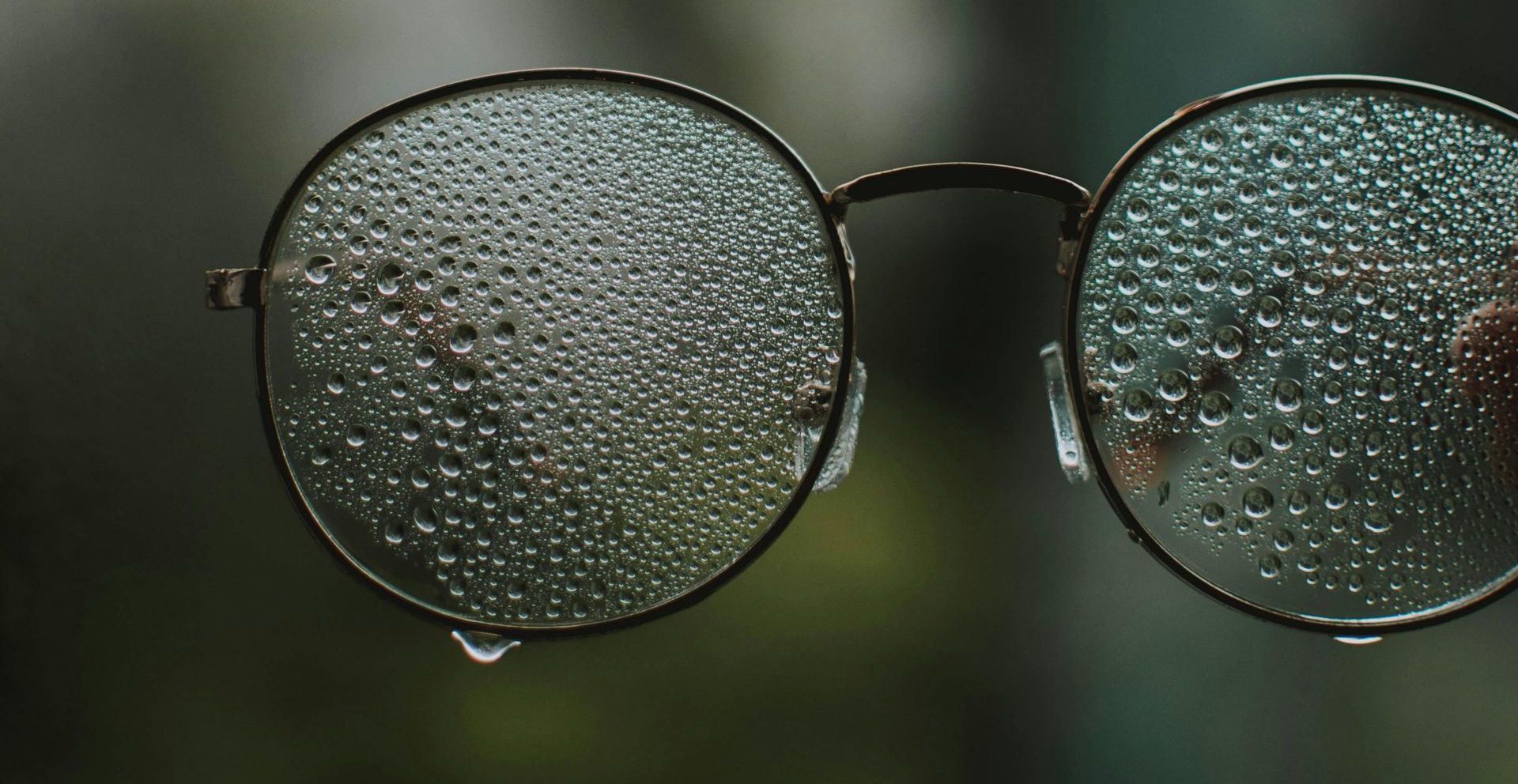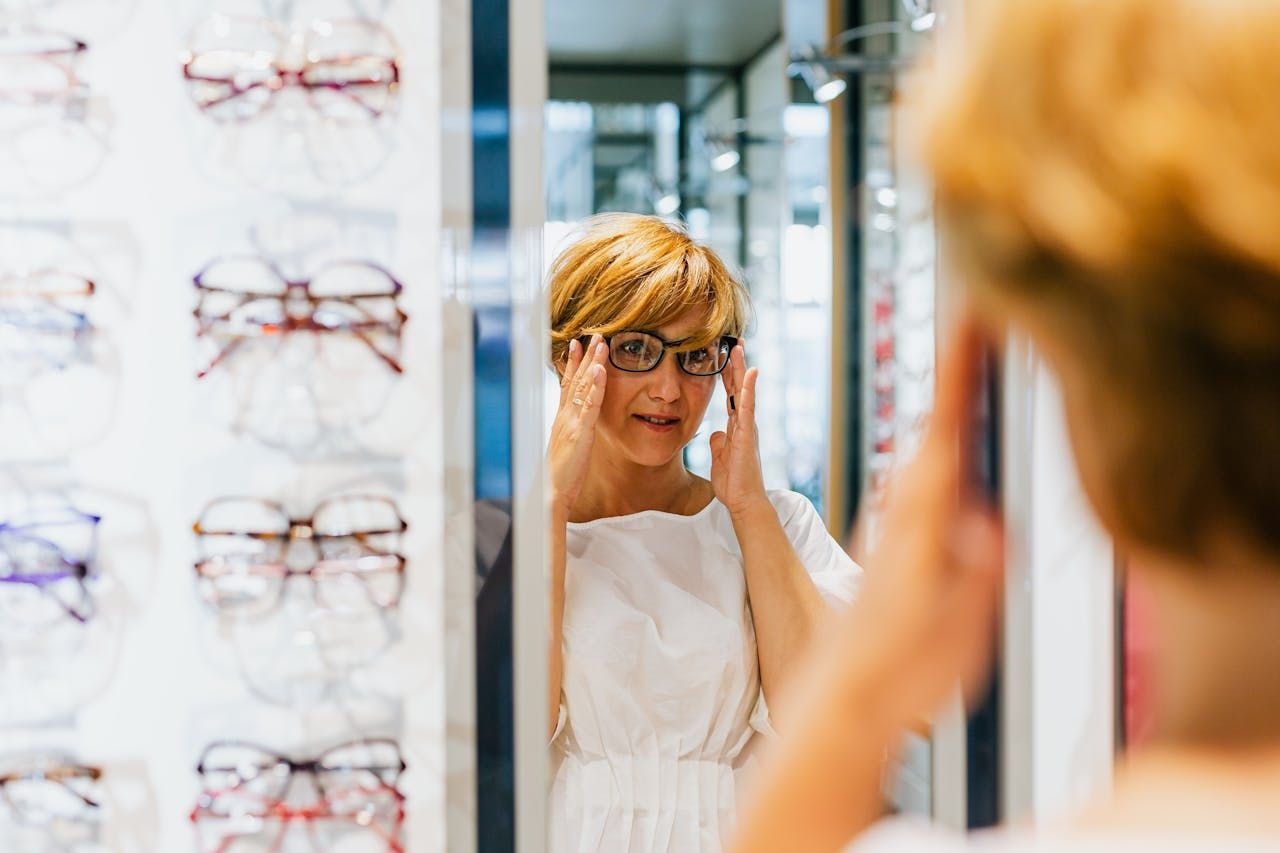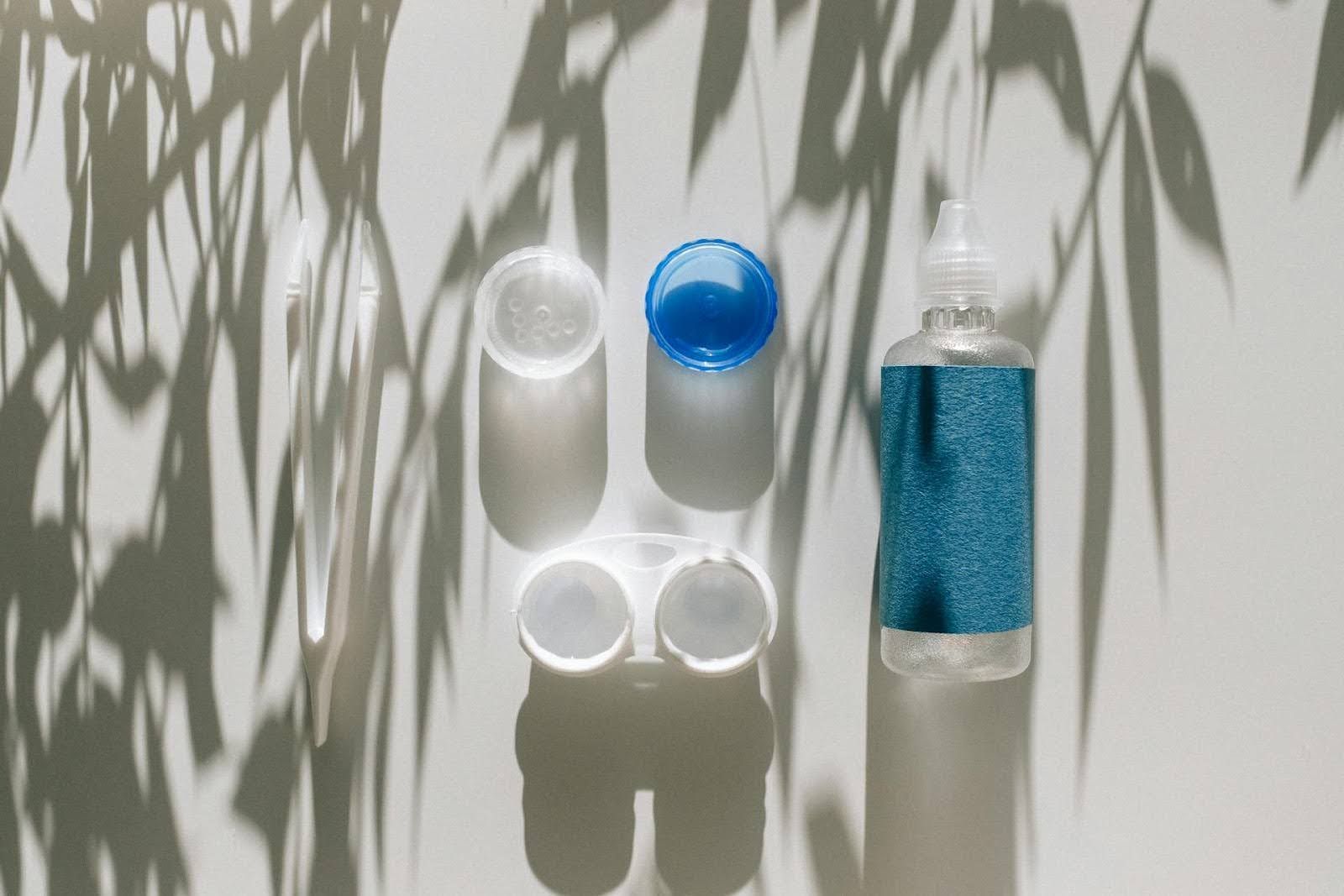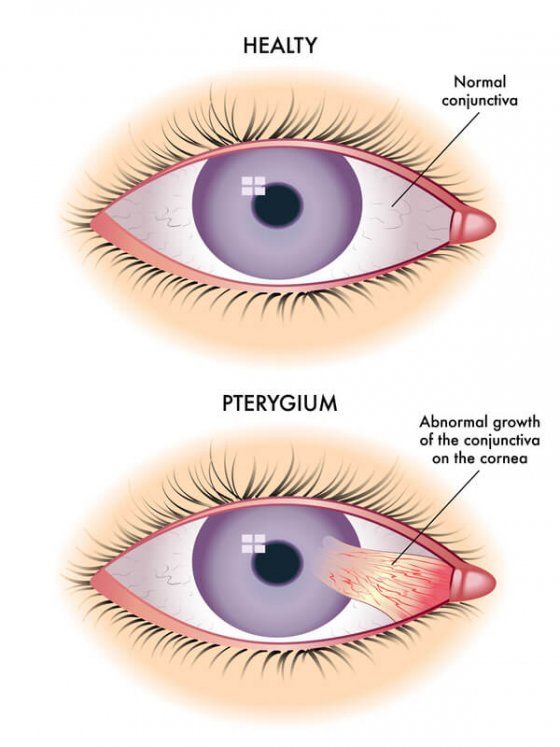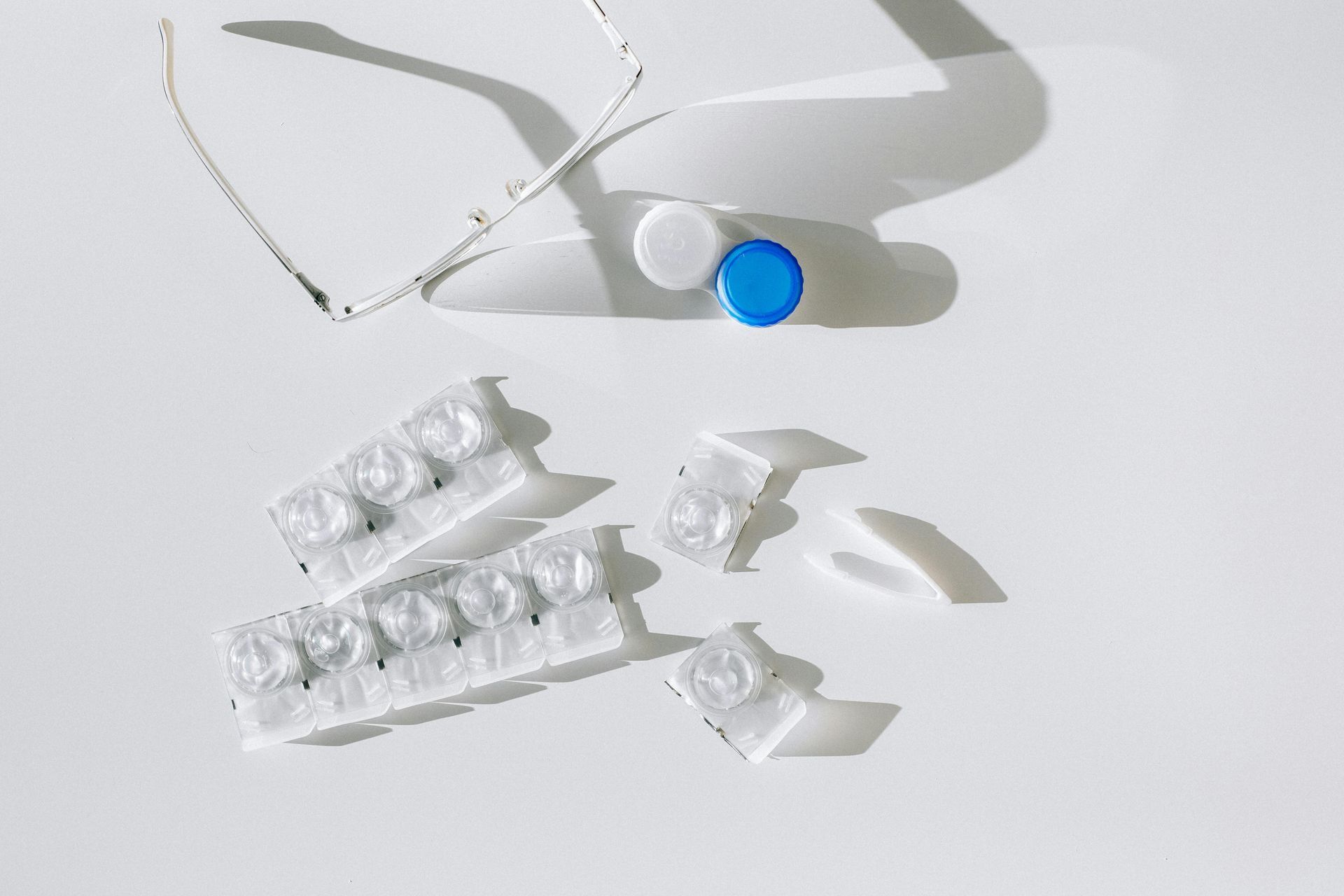Is Poor Vision Affecting My Child’s Performance?
- By proadAccountId-420323
- •
- 14 Apr, 2025
- •
How Poor Vision Affects Children
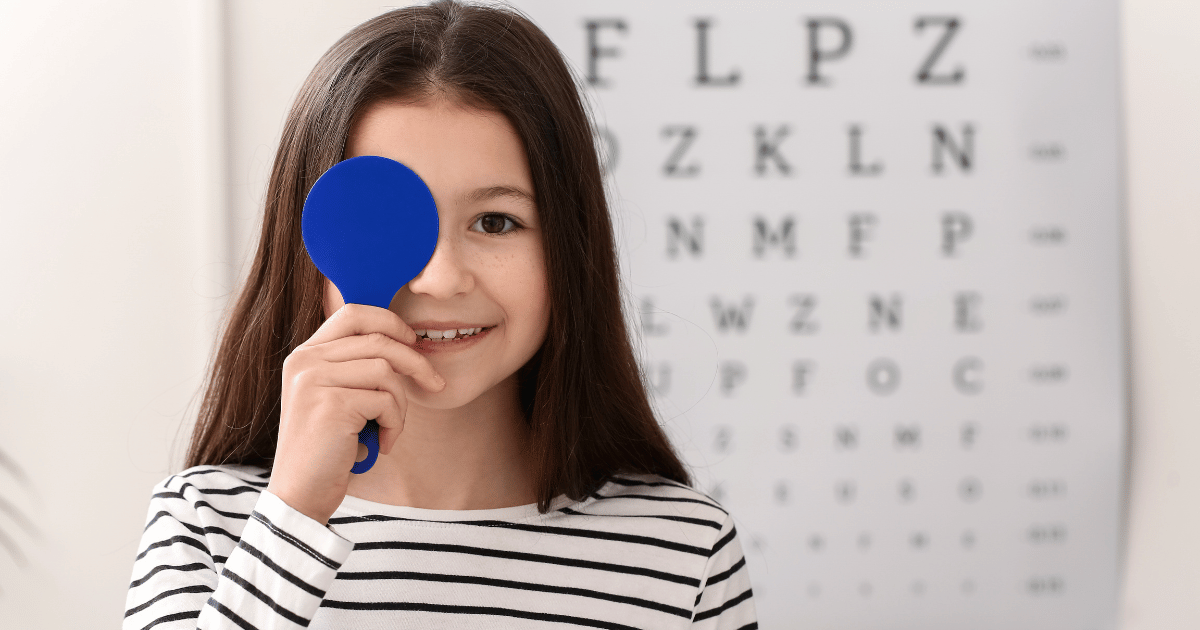
Is Poor Vision Affecting Your Child’s Performance?
Here’s What You Need to Know—and What to Do Next
At Care Optics, we often speak to parents who are concerned about their child’s learning, behaviour, or confidence at school—without realising that poor vision might be the cause. Good eyesight plays a vital role in a child’s development, especially when it comes to reading, writing, and engaging with the world around them. When a child can’t see clearly, it can impact everything from classroom performance to confidence on the playground.
How Poor Vision Affects Children
Children may not always realise they have a vision problem. They assume everyone sees the way they do, which is why early detection is key. Struggling to see clearly can cause:
-
Difficulty reading from the board or books
-
Poor concentration or avoiding schoolwork
-
Frequent headaches or eye rubbing
-
Squinting or sitting too close to screens
-
Behavioural changes due to frustration
All of these can lead to a drop in academic performance, low self-esteem, and even social withdrawal if left unaddressed.
Could It Be Myopia?
One of the most common childhood vision issues we see at Care Optics is myopia, also known as short-sightedness. This means your child can see things up close, like a book or tablet, but struggles to see clearly at a distance—like the whiteboard at school or road signs.
Myopia is becoming more common in children, especially with increased screen time and less time spent outdoors. If left unmanaged, it can worsen as your child grows, potentially leading to higher levels of short-sightedness in their teenage years.
The good news is that there are effective ways to manage and slow the progression of myopia, including specialist lenses, myopia control glasses or contact lenses, and lifestyle adjustments. With both of our locations, Dagenham and Woodford in Essex, being able to help.
Find out more about Myopia here
School Screenings & GP Checks vs. Professional Eye Exams
Many parents believe that if their child has had a quick check at school or with a GP or paediatrician, their eyes are fine. But here’s the key difference:
-
School screenings and NHS checks are basic vision checks. They can identify obvious issues but may miss more subtle vision problems, eye muscle imbalances, or early signs of myopia.
-
A full eye examination at Care Optics includes a much more detailed assessment of your child’s overall eye health, vision development, focusing ability, and binocular vision (how the eyes work together). It’s done by trained optometrists using specialised equipment—providing a deeper, more accurate picture of your child’s visual health.
In short: screenings are a great first step, but they’re not a substitute for a full professional eye test.
What Is Schoolvision?
Schoolvision is the study of how vision affects reading and learning. Reading is a visually demanding task that relies on accurate eye aiming—usually done by the dominant eye. If a child’s eye dominance is unstable, their focus can shift between eyes, making letters jump around or change order. This can lead to losing their place while reading or struggling with spelling.
Schoolvision assessments help identify these issues and stabilise the dominant eye using specially prescribed glasses. This often results in an instant improvement in letter recognition and reading speed. A full visual assessment allows the optometrist to create a tailored treatment plan to support your child’s learning.
Visit our page and use our checklist to see if your child needs help.
Find out more about Schoolvision here
What to Expect from a Children’s Eye Test at Care Optics
At Care Optics, our children's eye tests are designed to be gentle, friendly, and stress-free. Here's what you can expect:
- A warm welcome to help your child feel at ease
- A full assessment of their vision and eye health
- Age-appropriate tests using lights, shapes, or pictures
- Checking for common issues like short-sightedness (myopia), long-sightedness, astigmatism, or lazy eye
- A clear explanation of the results and next steps
Get in touch to find out how we can help your child, from one of our Opticians located in Essex.
Find out more

We were honoured to once again be part of the Barking and Dagenham Chamber of Commerce Awards this year—a vibrant celebration of local enterprise, innovation, and community spirit. For the third time, we joined fellow businesses from across the borough to recognise the outstanding contributions being made to our local economy and community.
This year's event was particularly special for the Care Optics family. We were thrilled to be shortlisted for the Green Business Award, a recognition that speaks to our deep commitment to sustainability and environmental responsibility in all that we do.
The highlight of the evening was seeing our very own Director receive the prestigious Businessman of the Year award. This is an incredible honour and a powerful testament to his leadership, vision, and unwavering dedication to both our company and the community we serve.
A Legacy of Excellence
This year’s successes build on a proud history of recognition from the Chamber of Commerce. Our team’s dedication to excellence has been consistently acknowledged, and we are humbled by the commendations we've received over the years, including:
- Business of the Year (Winner, 2023)
- Employer of the Year (Winner, 2023)
- Training, Developing and Supporting Education (Winner, 2023)
- The Judges’ Award (2024)
- Customer Service
- Charity and Community Impact
- Innovation through the Use of Digital Media
Each award and nomination is a reflection of our team's collective hard work and our mission to deliver exceptional care and service. We believe a strong business is built on a foundation of community support, innovation, and a commitment to nurturing talent.
We extend our heartfelt congratulations to all the winners and nominees of the evening. We are inspired to be in the company of such incredible local businesses and look forward to many more years of growth, impact, and celebration within Barking and Dagenham.
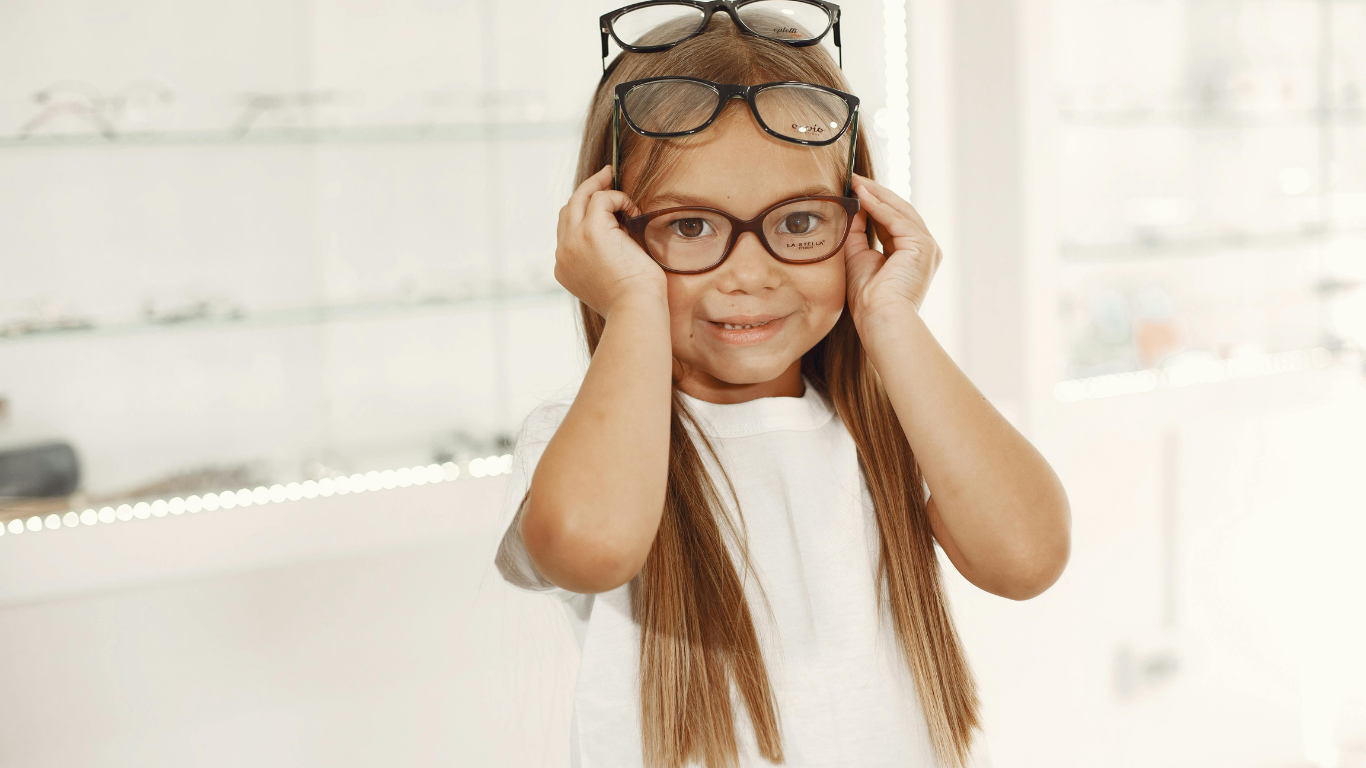
As parents, we want to give our children every possible advantage—from a great education to a healthy diet and a safe environment. But one thing that often gets overlooked is their eye health. And when it comes to children’s vision, Myopia—commonly known as short-sightedness—is becoming more common than ever. At Care Optics, we specialise in Myopia Control, helping children maintain clearer vision and a brighter future.
Let’s explore what Myopia is, how to spot it in your child, and the amazing ways we can help manage and slow its progression.
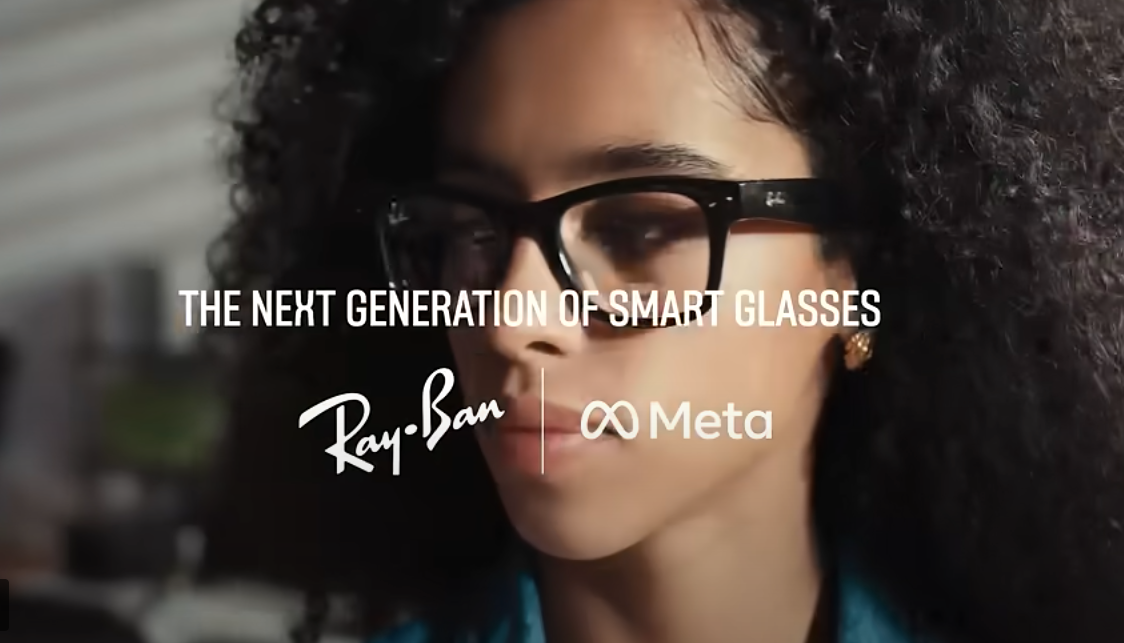
Here at Care Optics, with our friendly teams in both Woodford and Dagenham, we're always on the lookout for the latest and greatest innovations to bring to your eyewear experience. And let me tell you, we're absolutely buzzing to announce our newest arrival: the revolutionary Ray-Ban | Meta smart glasses!
Imagine seamlessly blending iconic style with cutting-edge technology. Well, stop imagining, because these incredible glasses are here, and we're thrilled to be able to offer them to you. Get ready to step into the future of eyewear!
